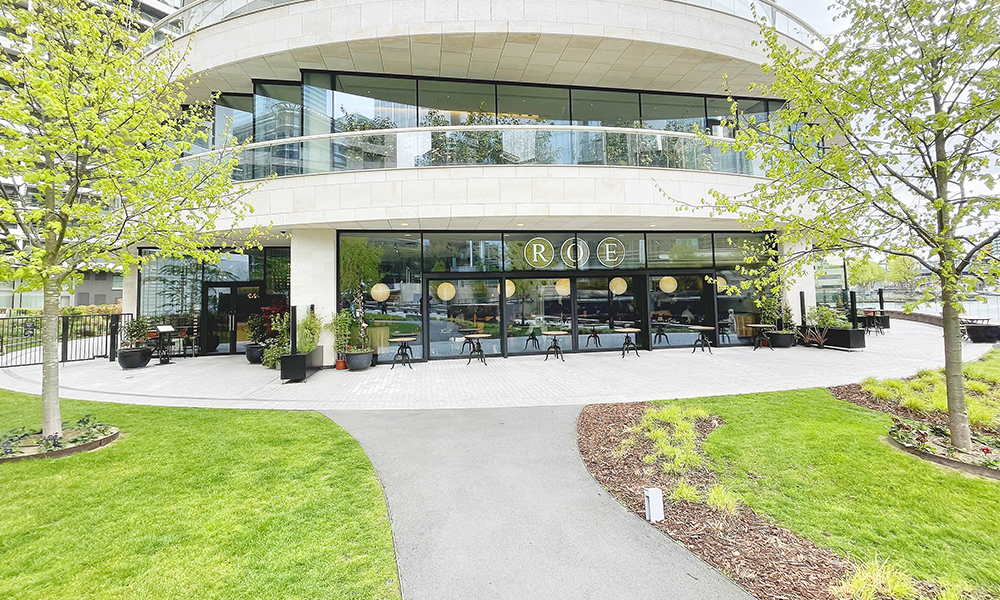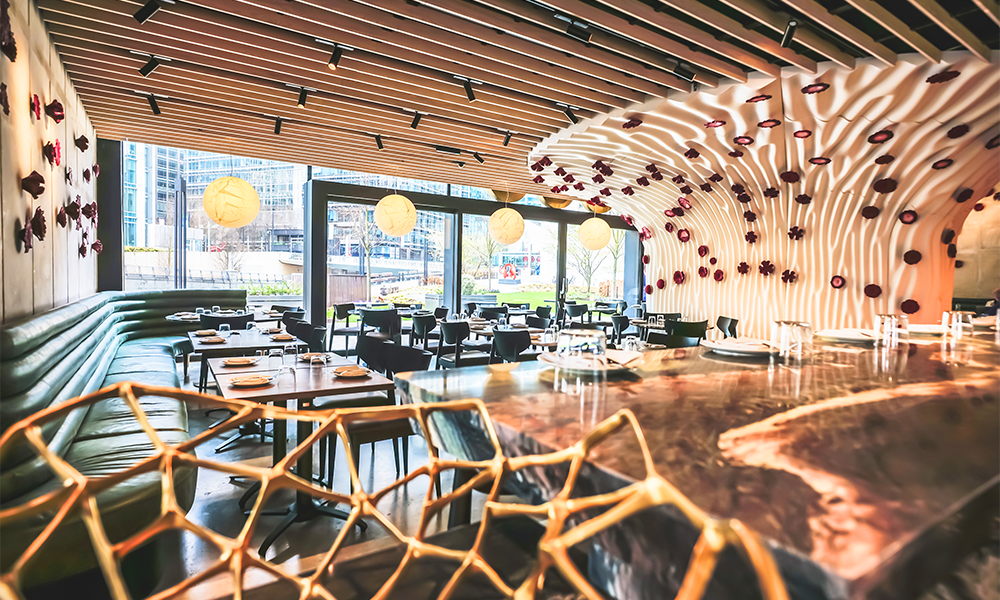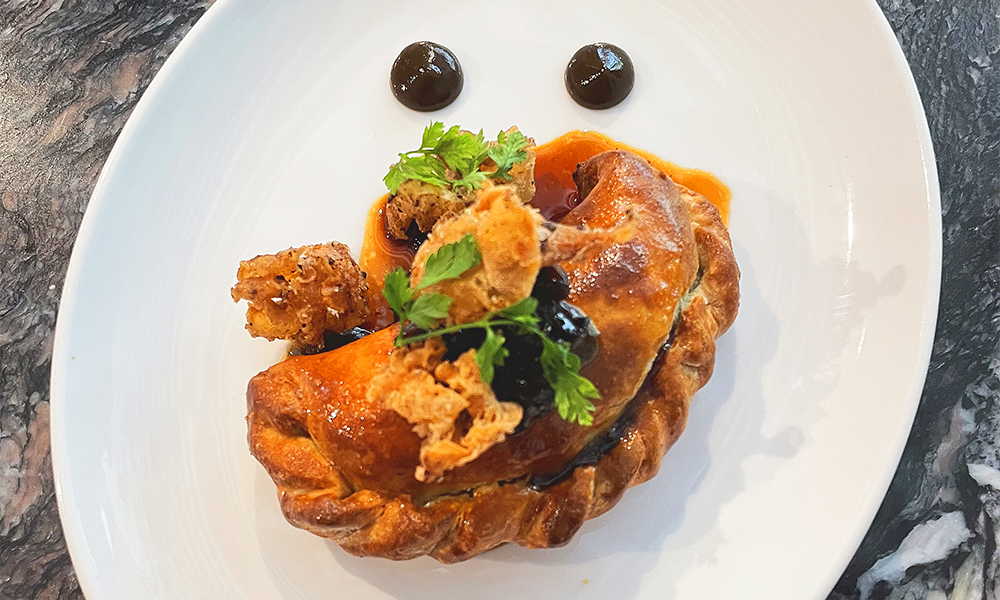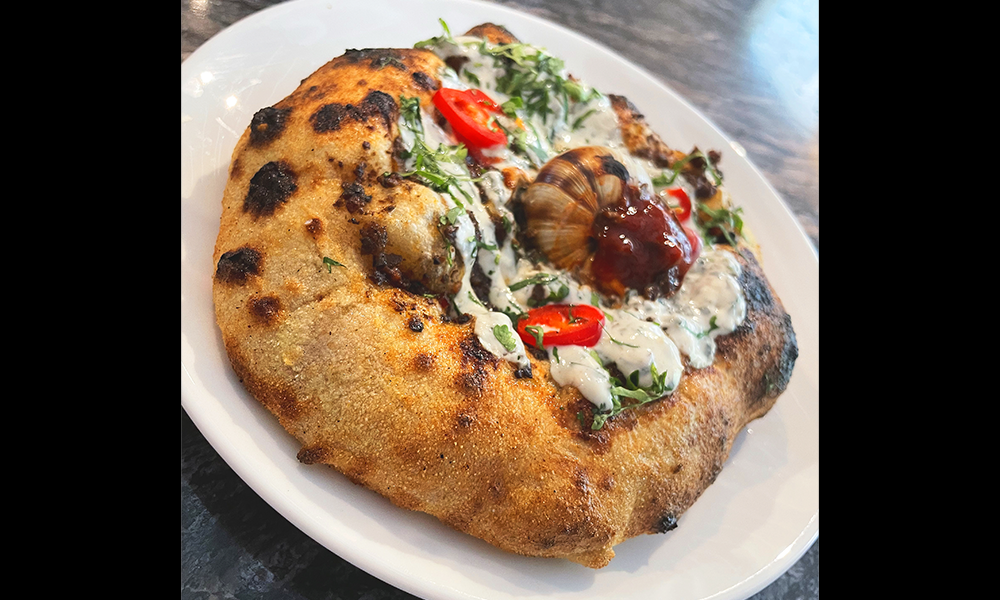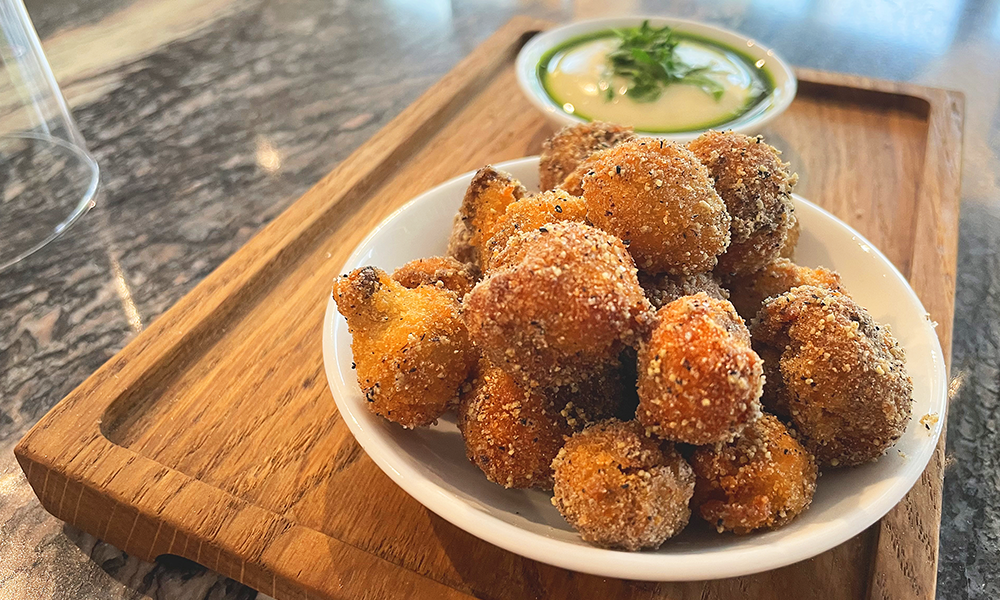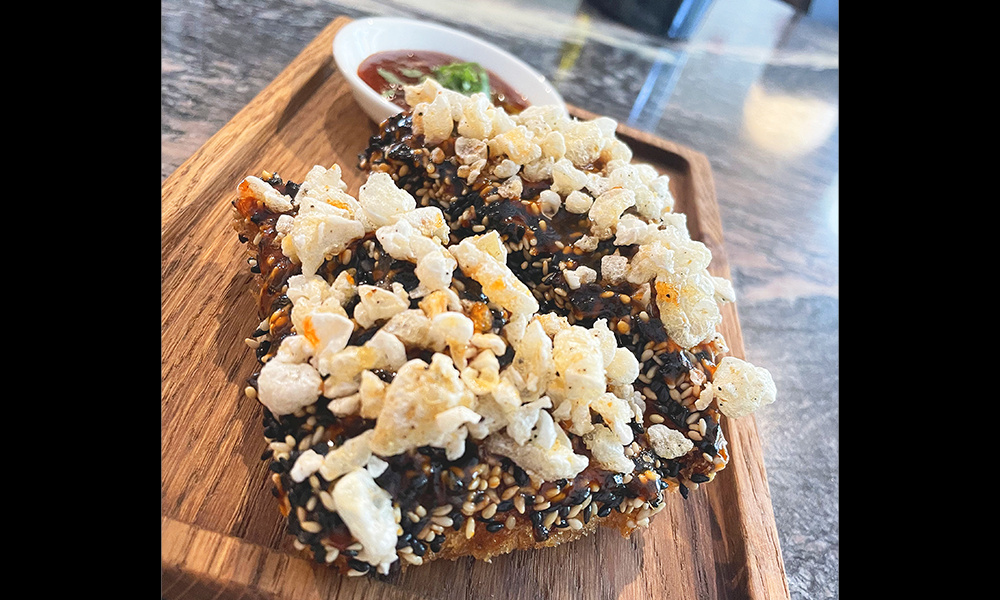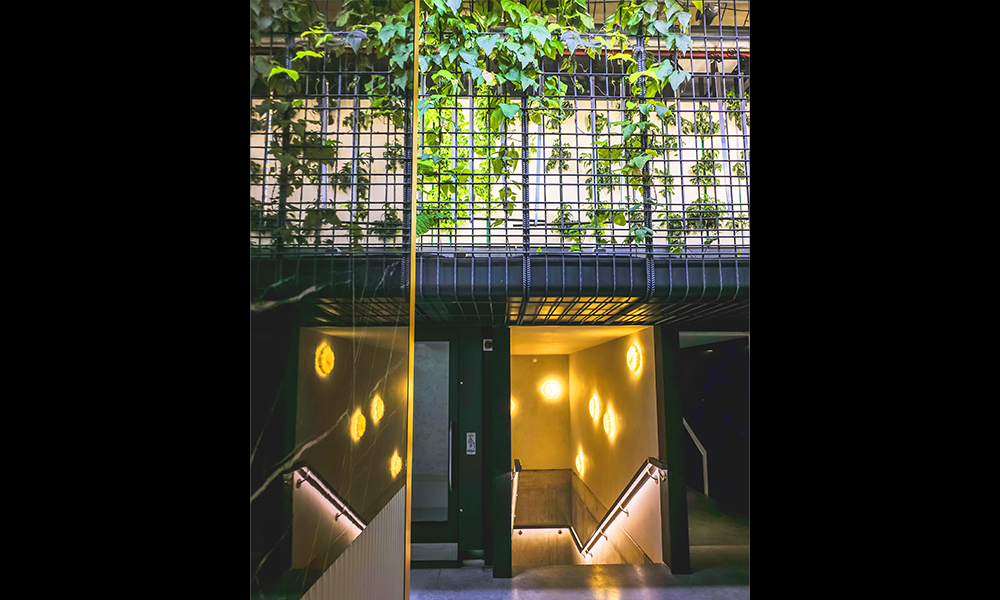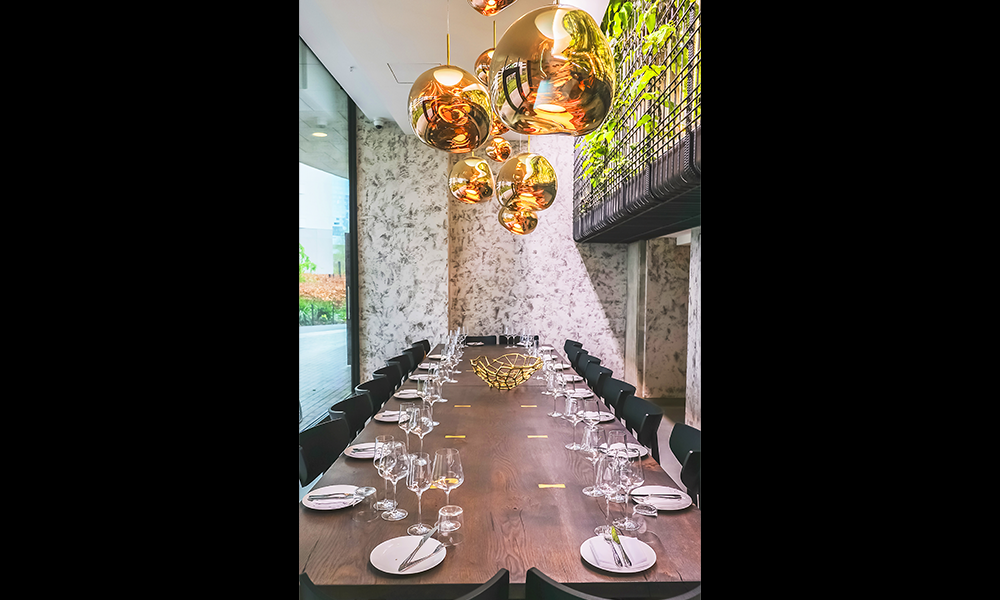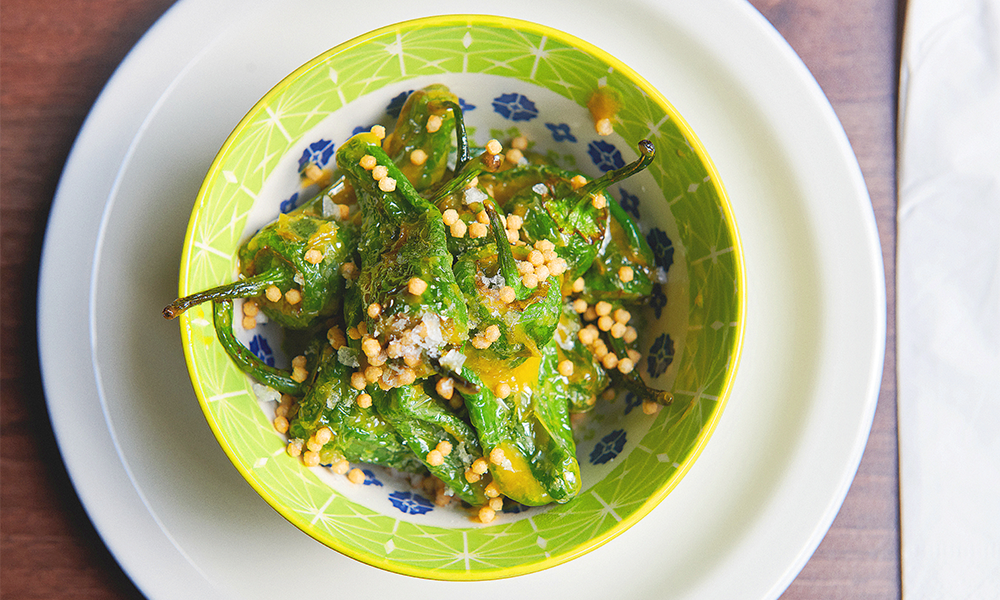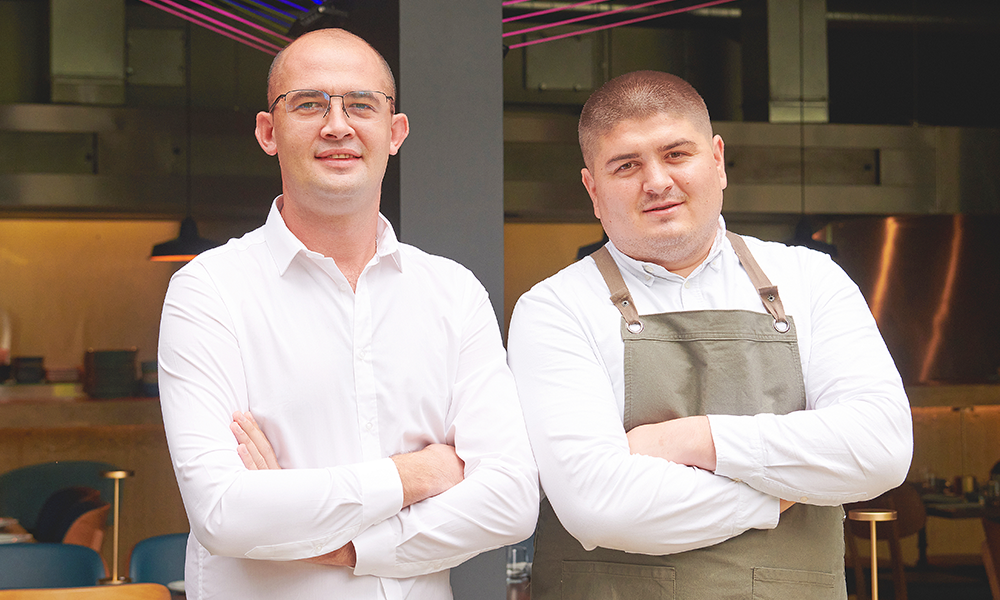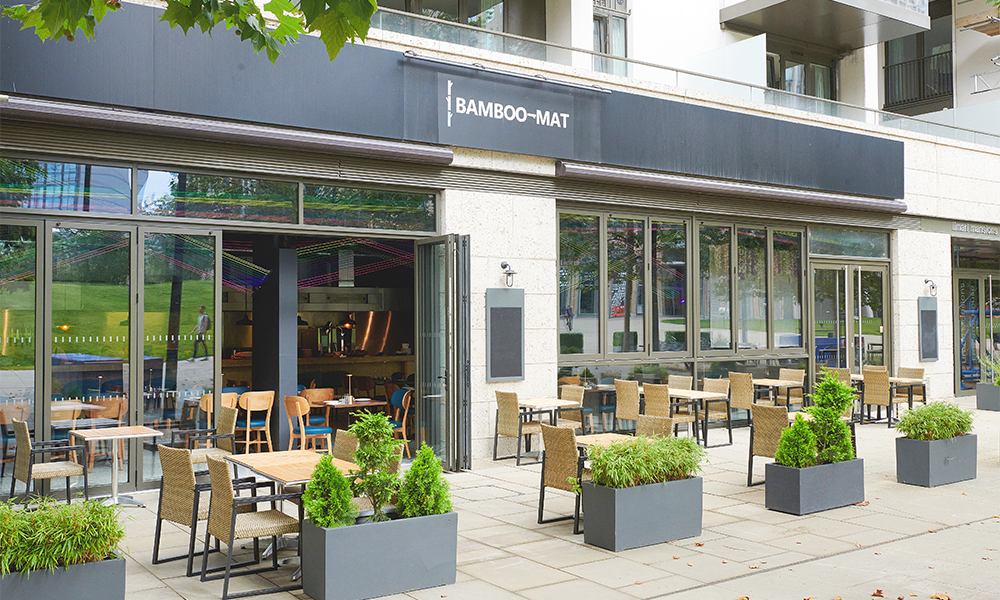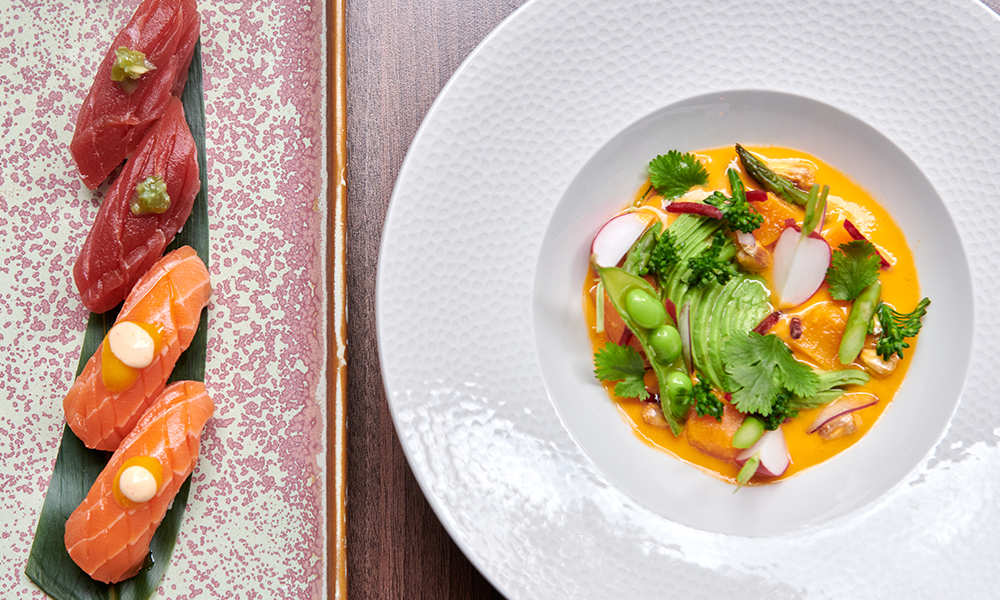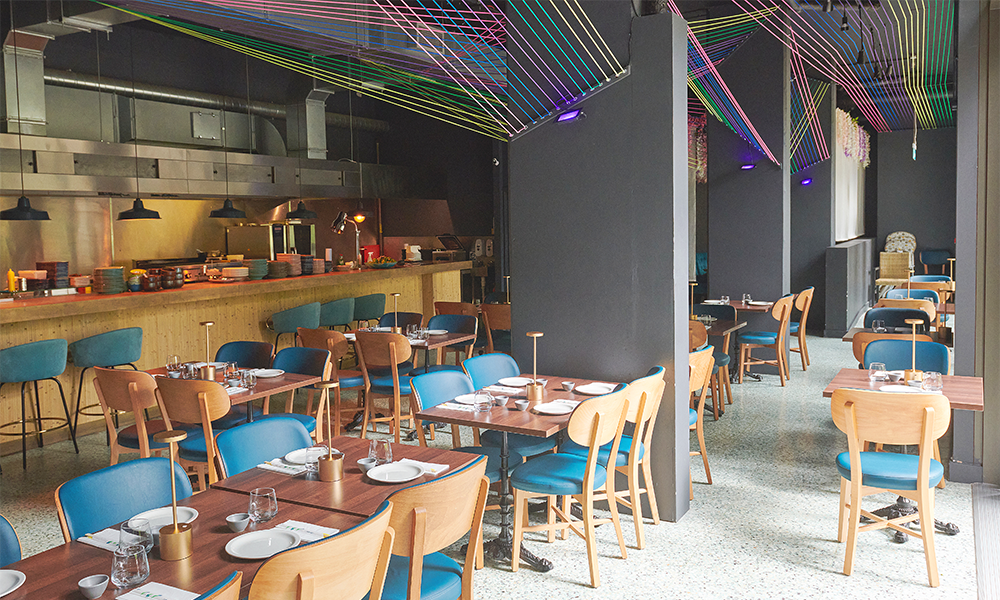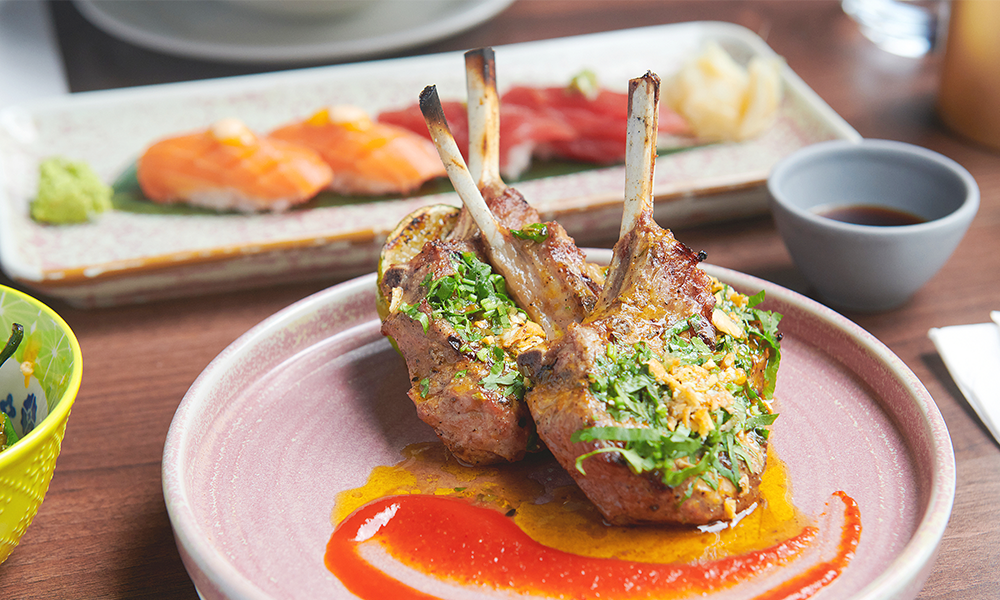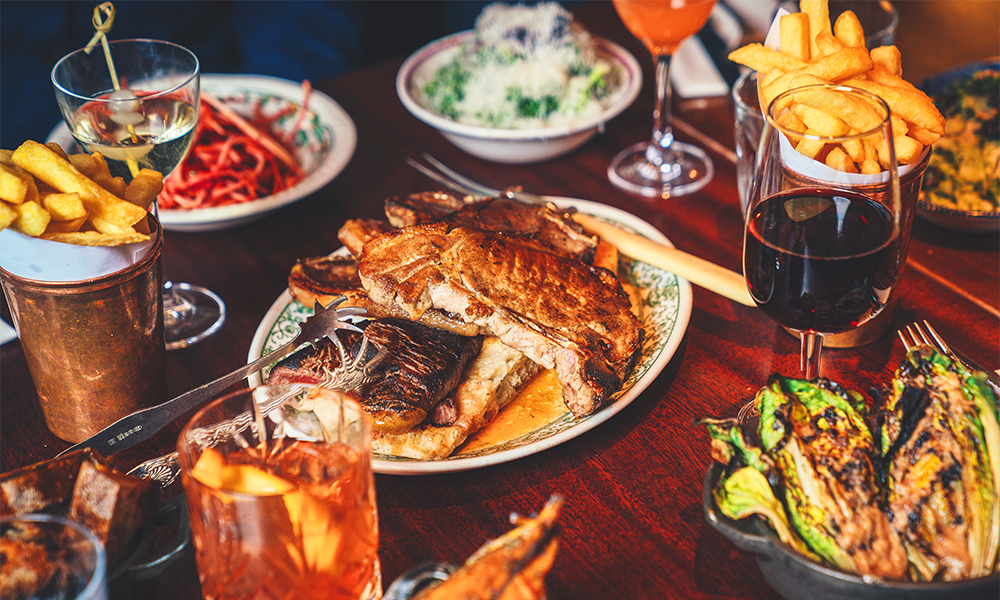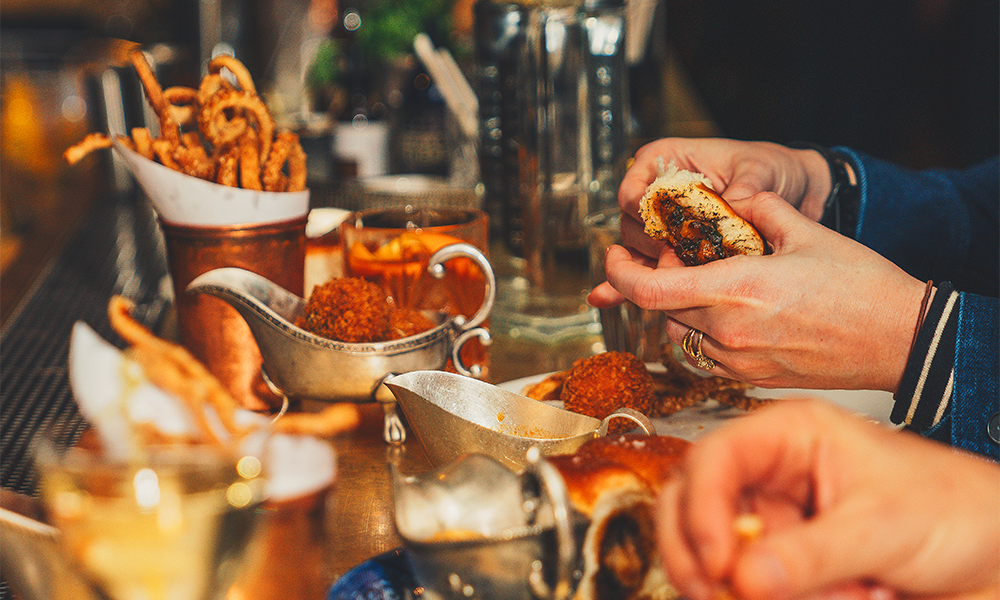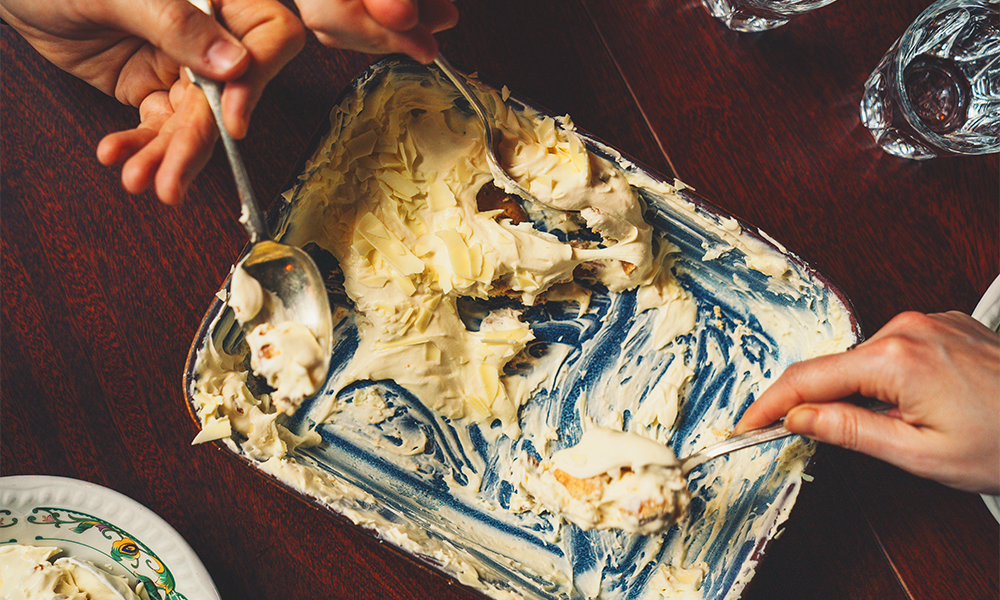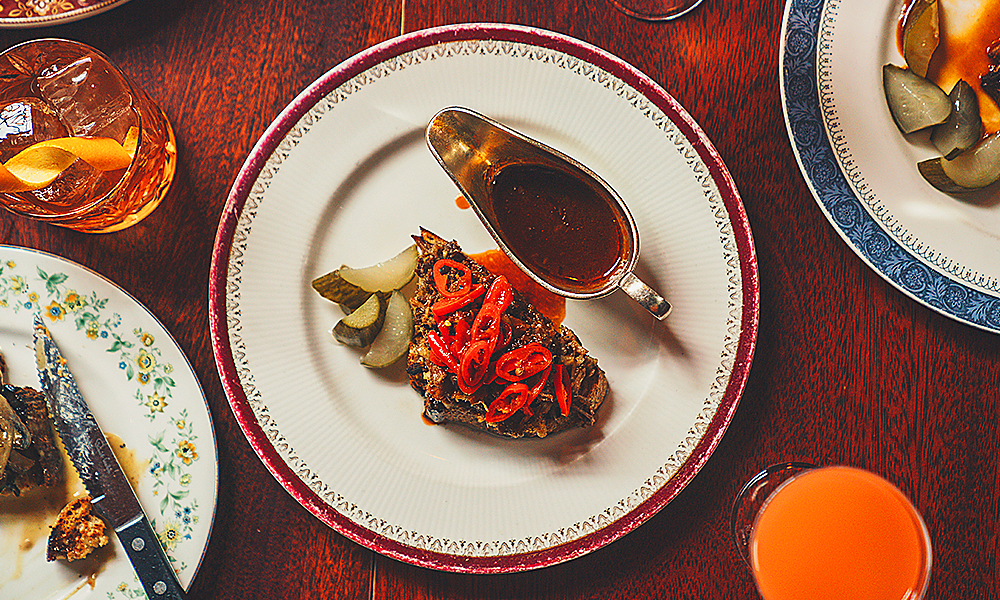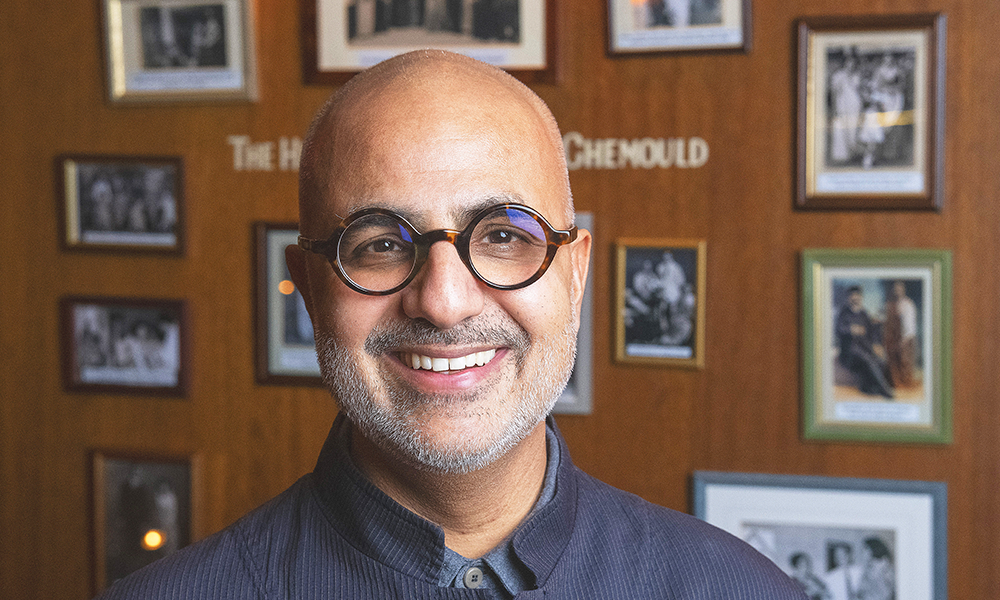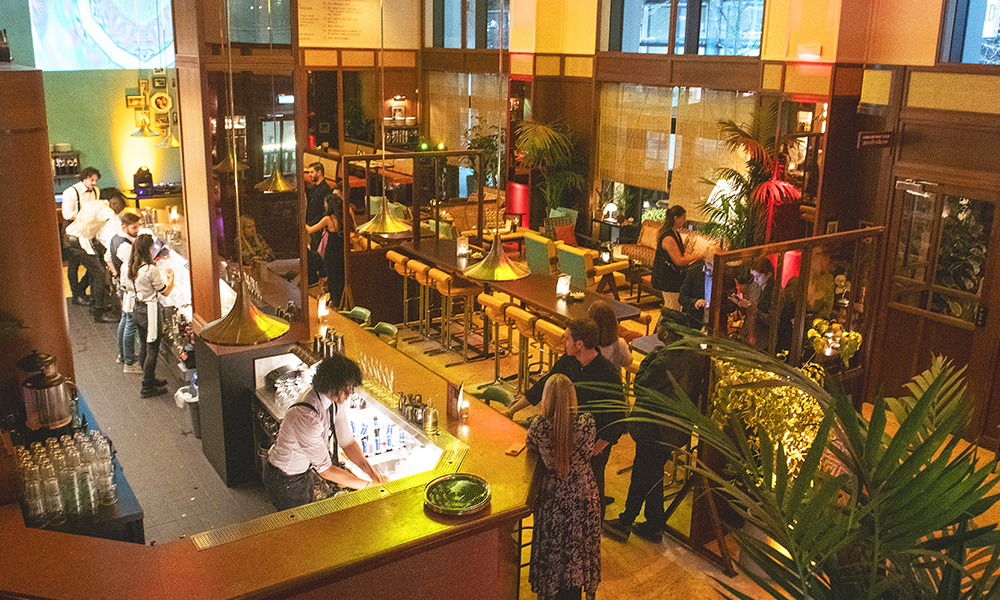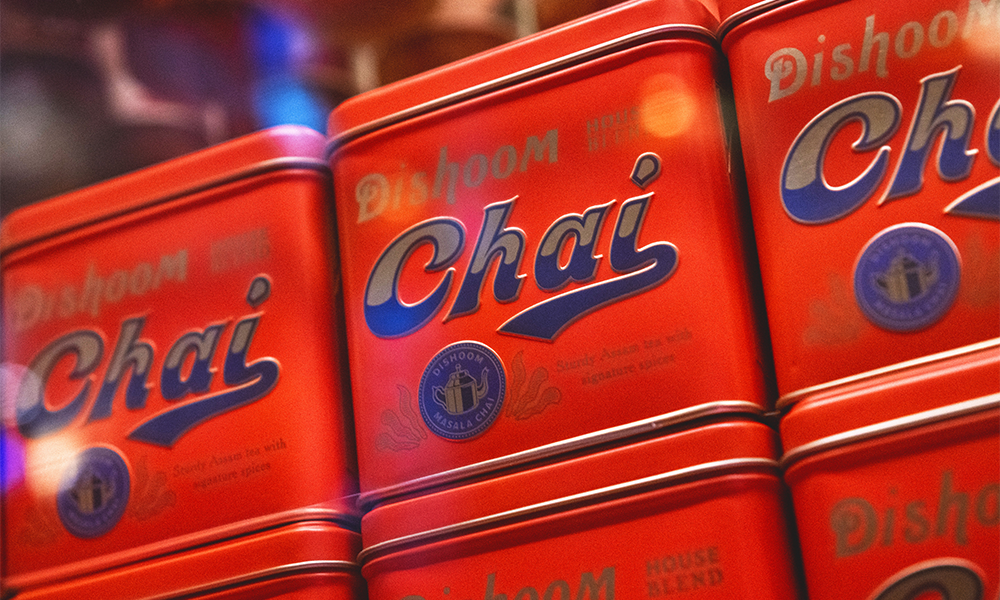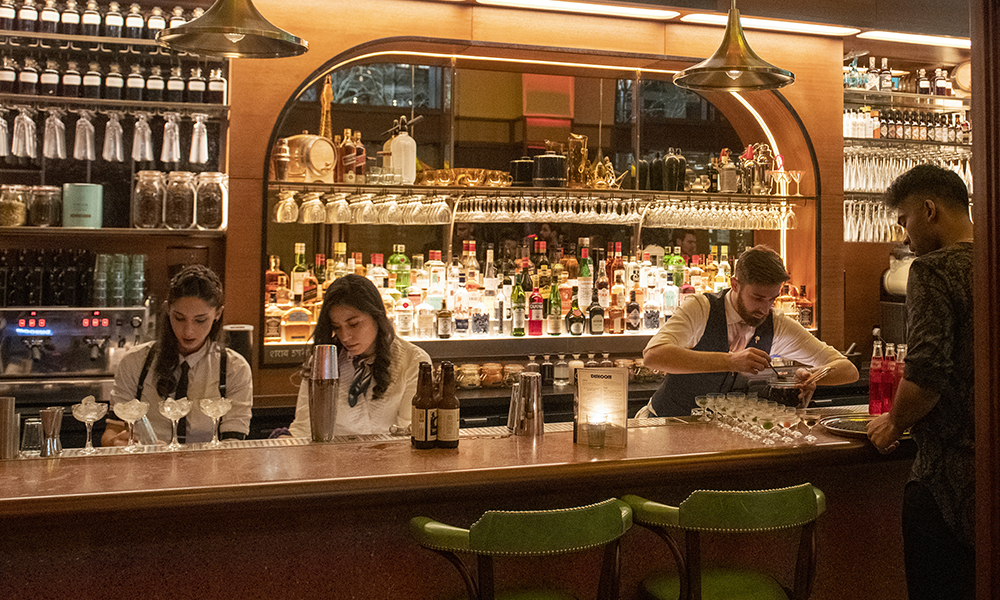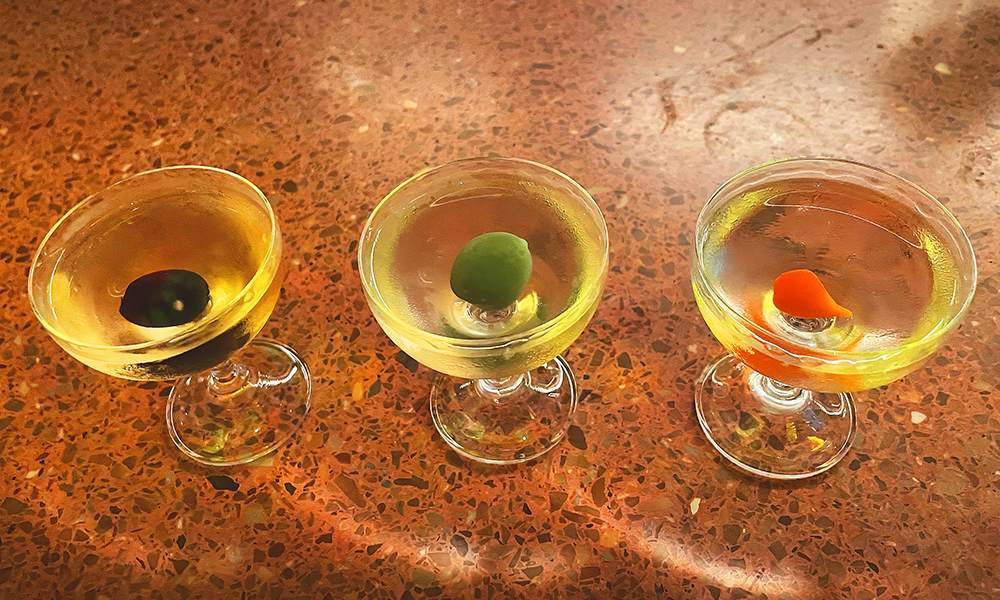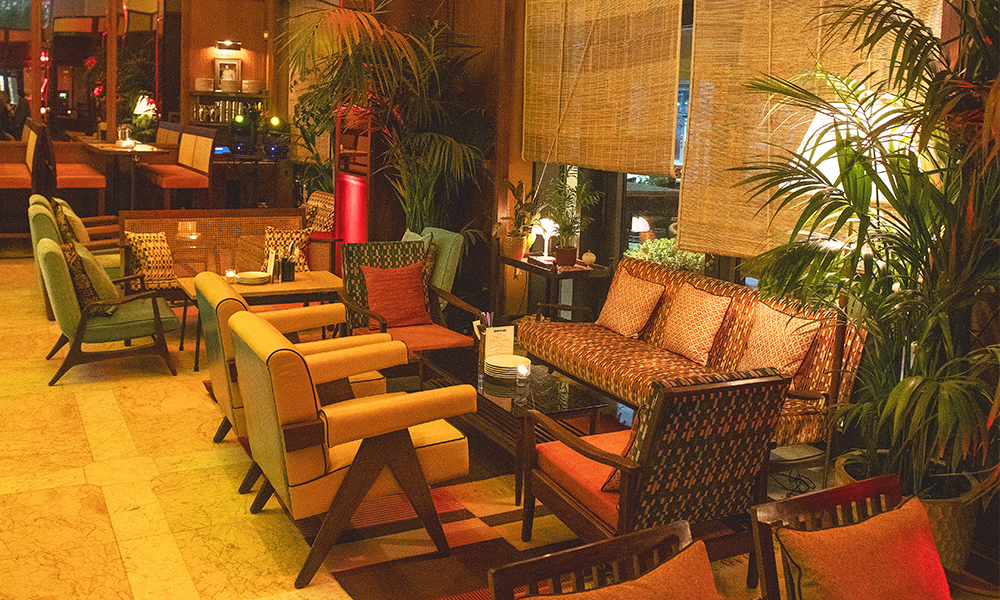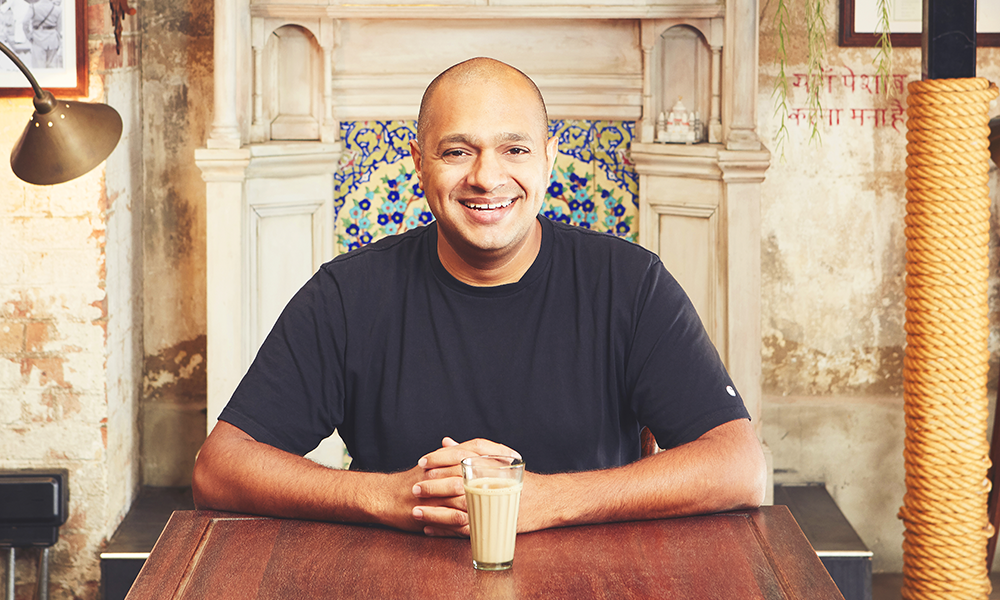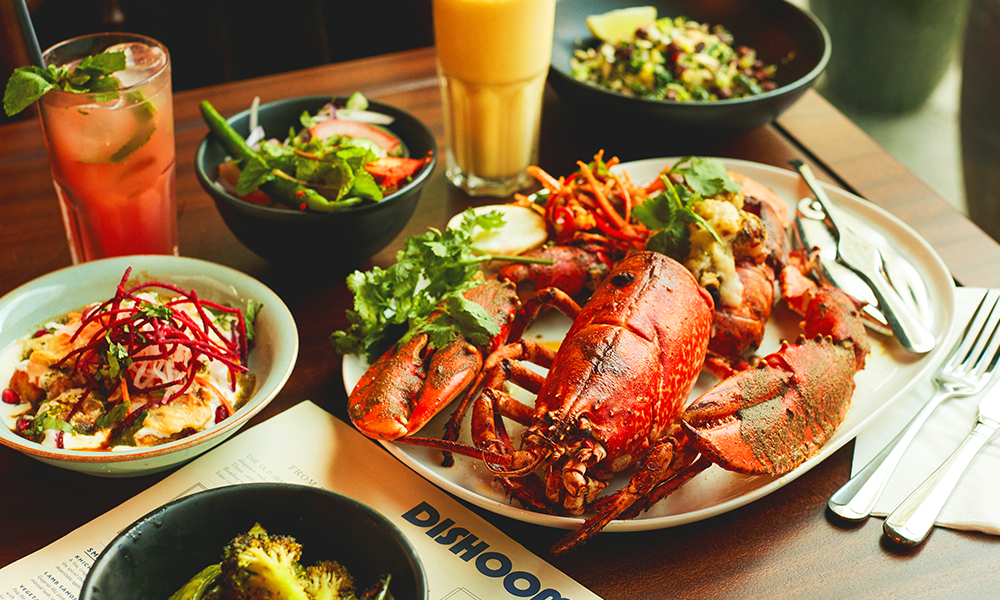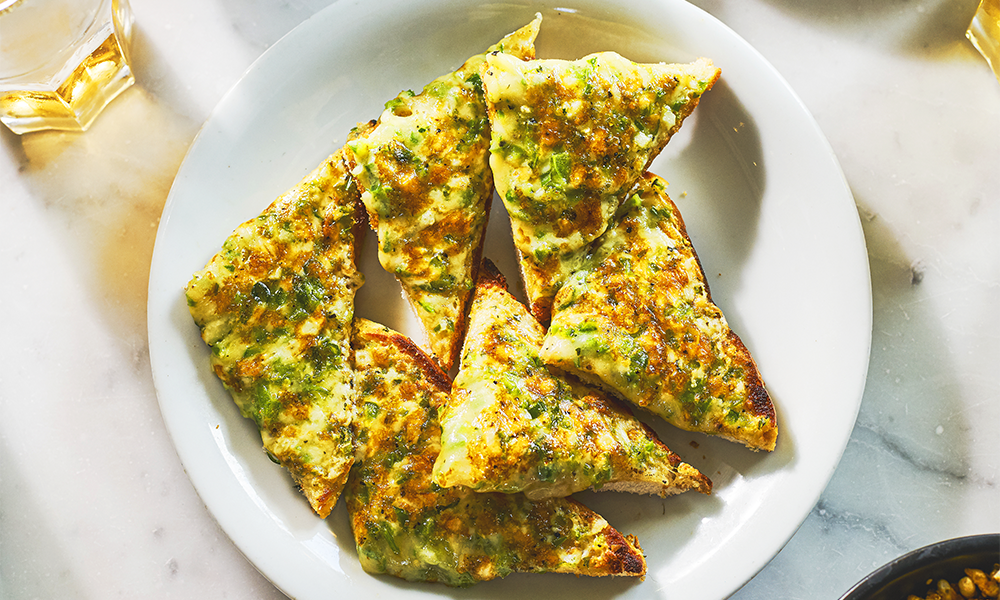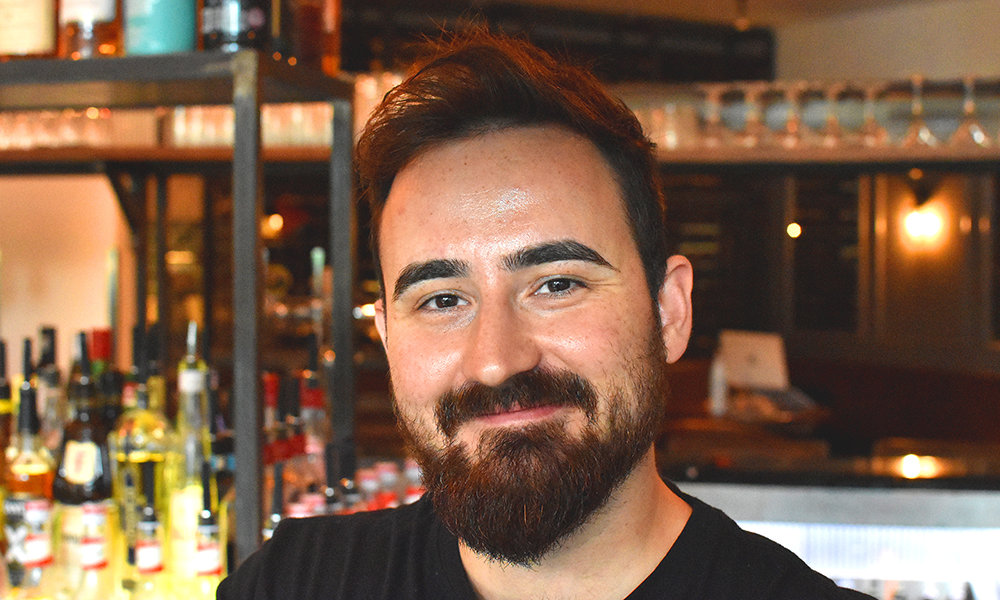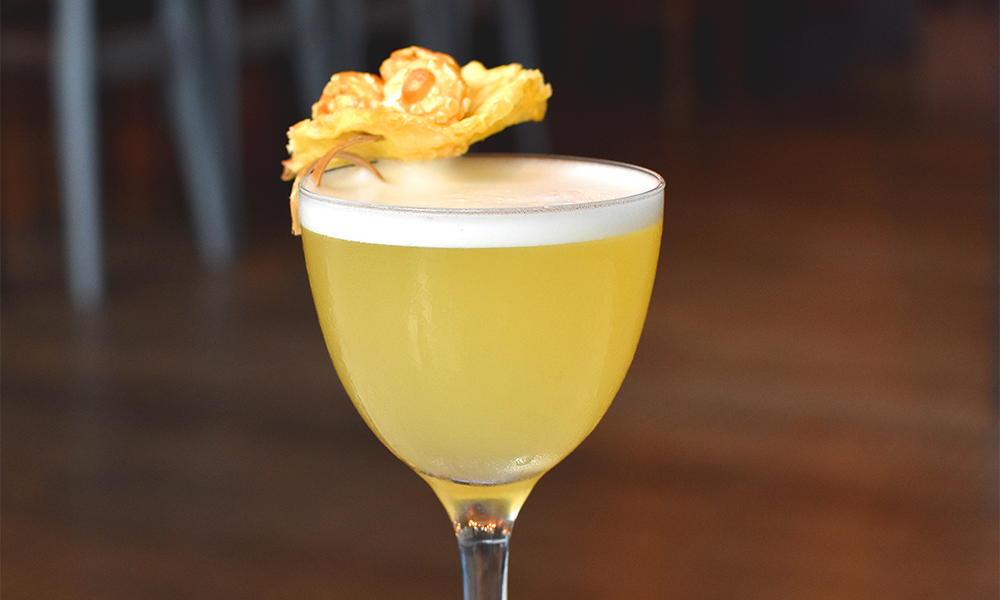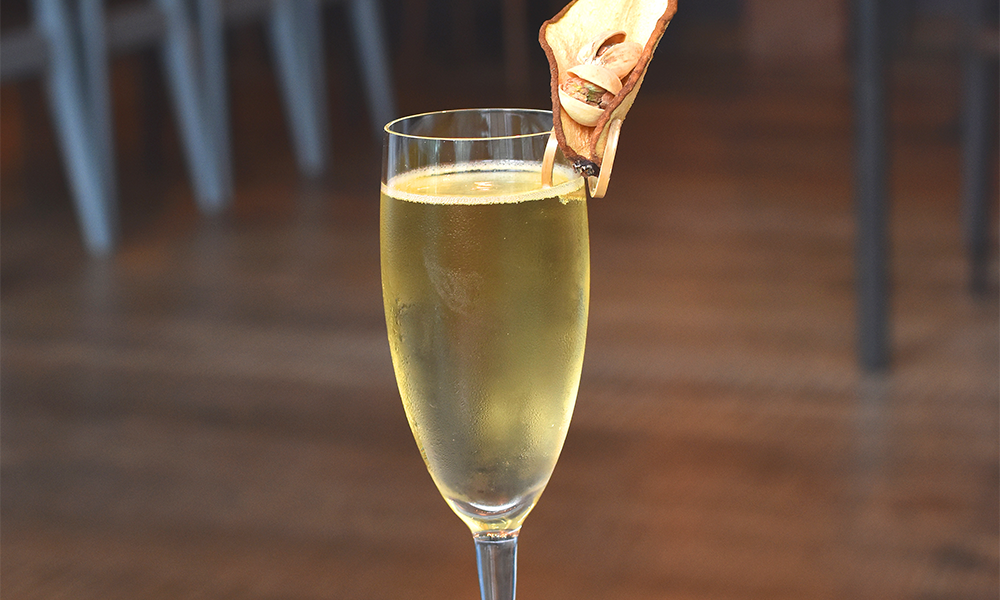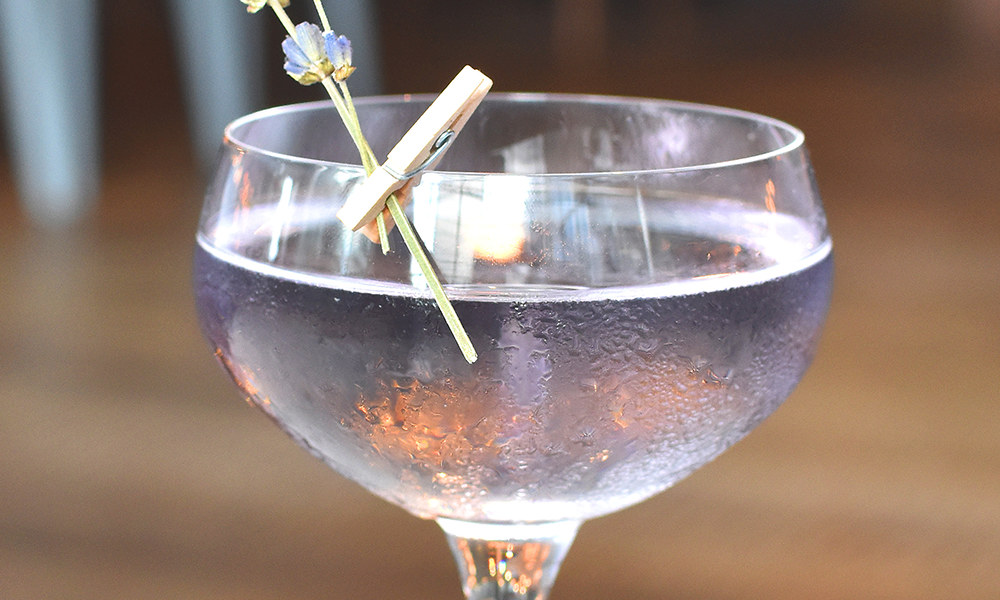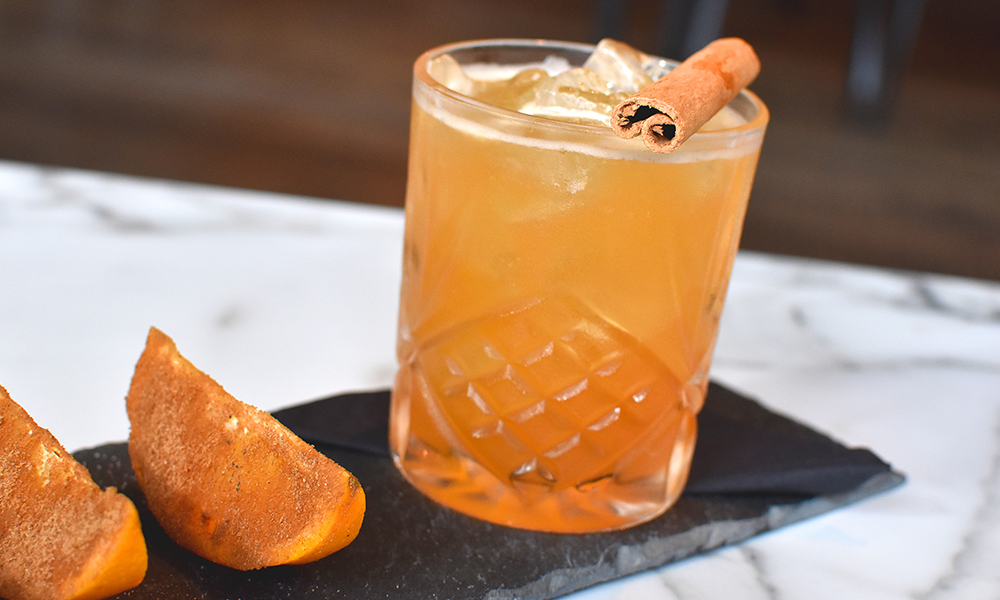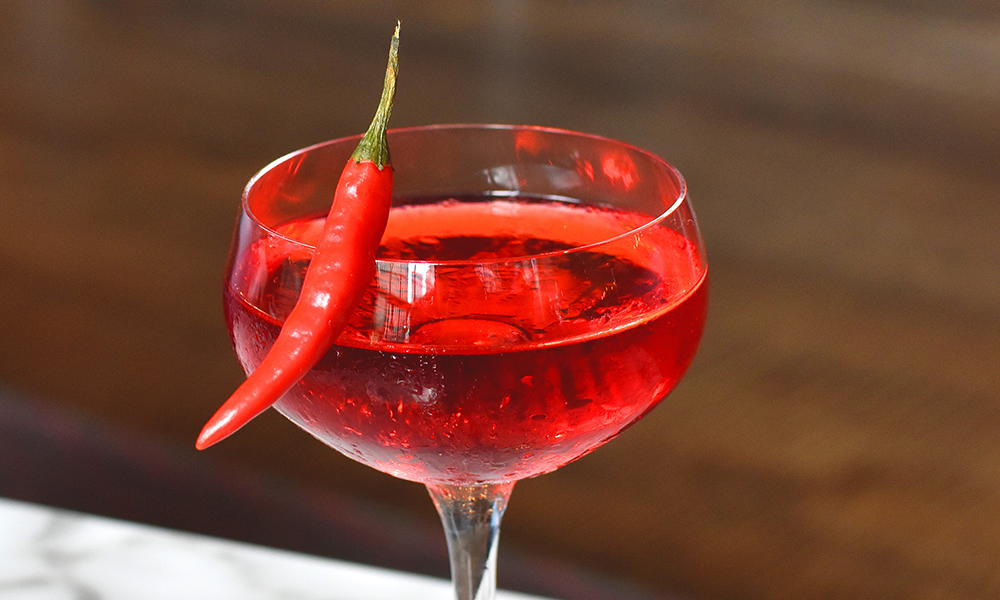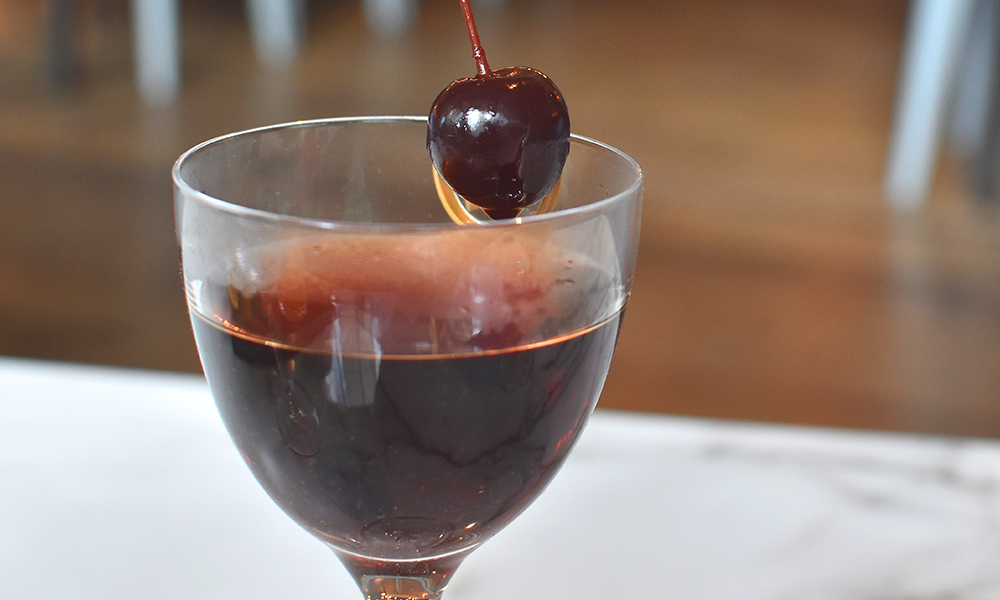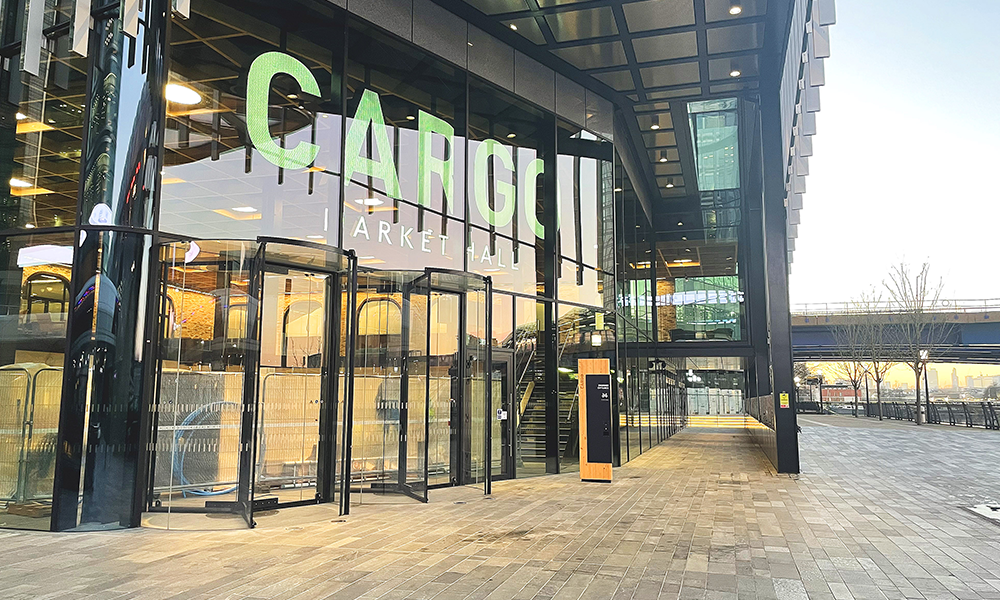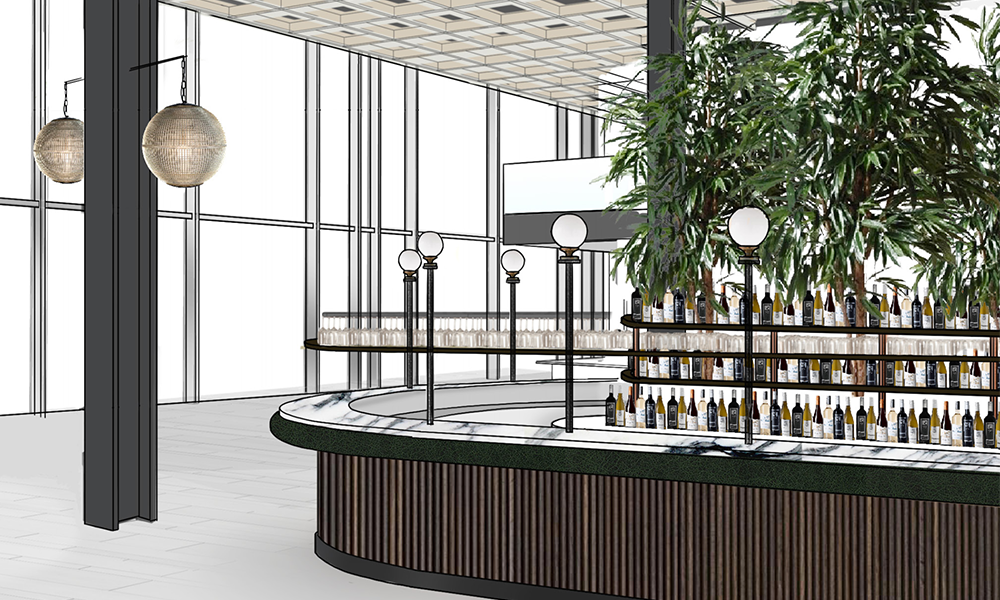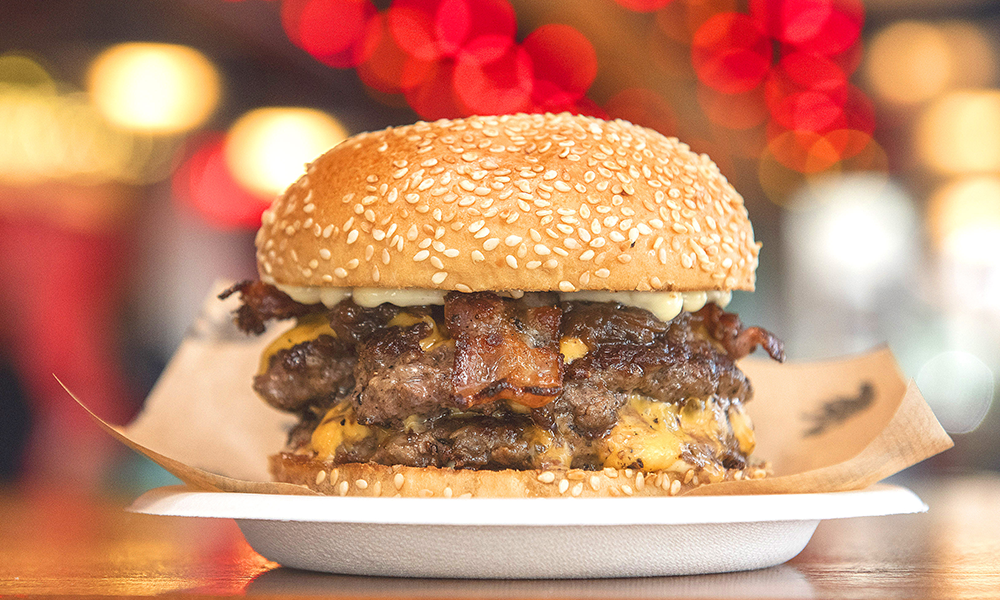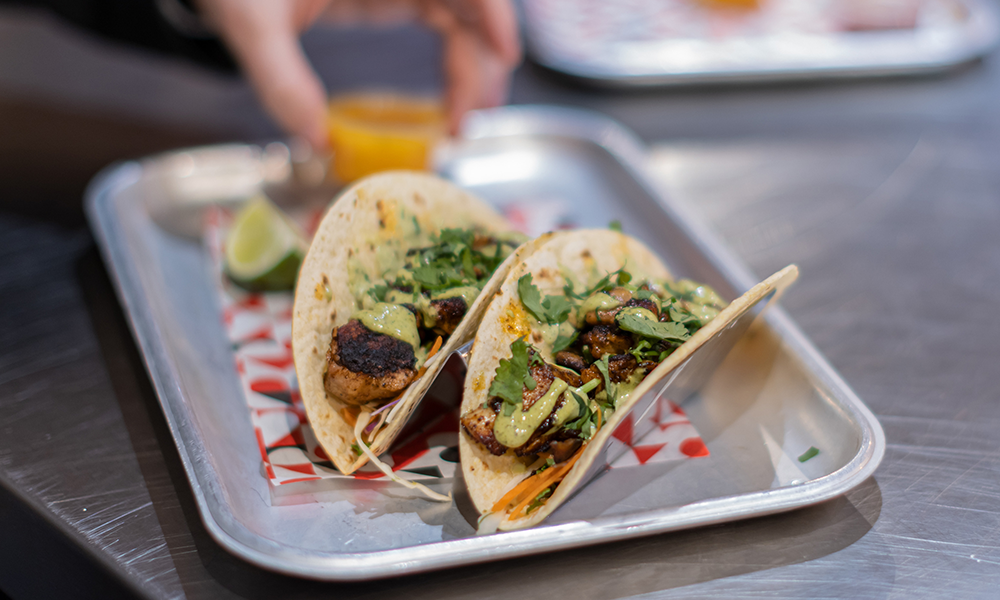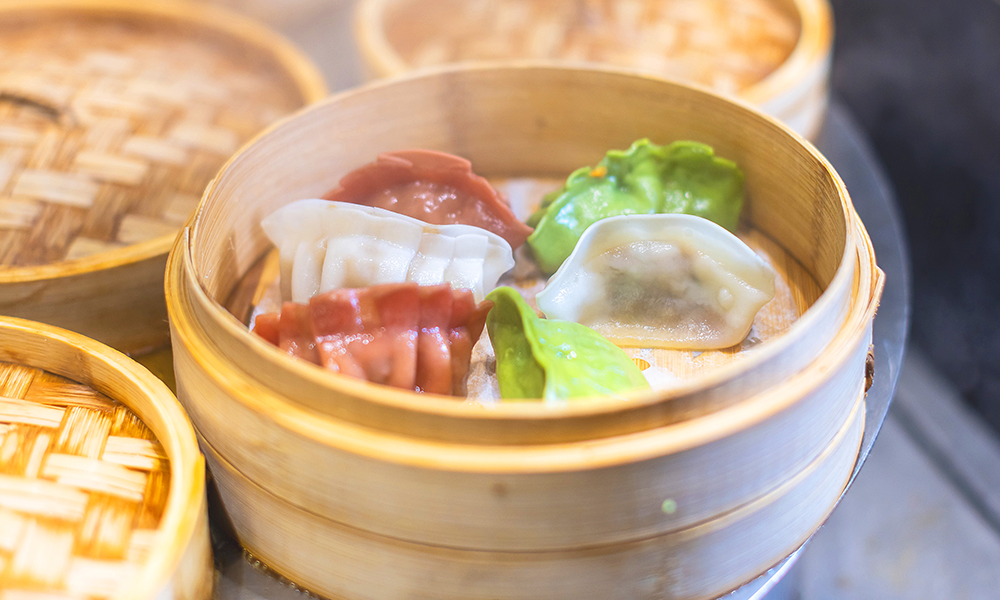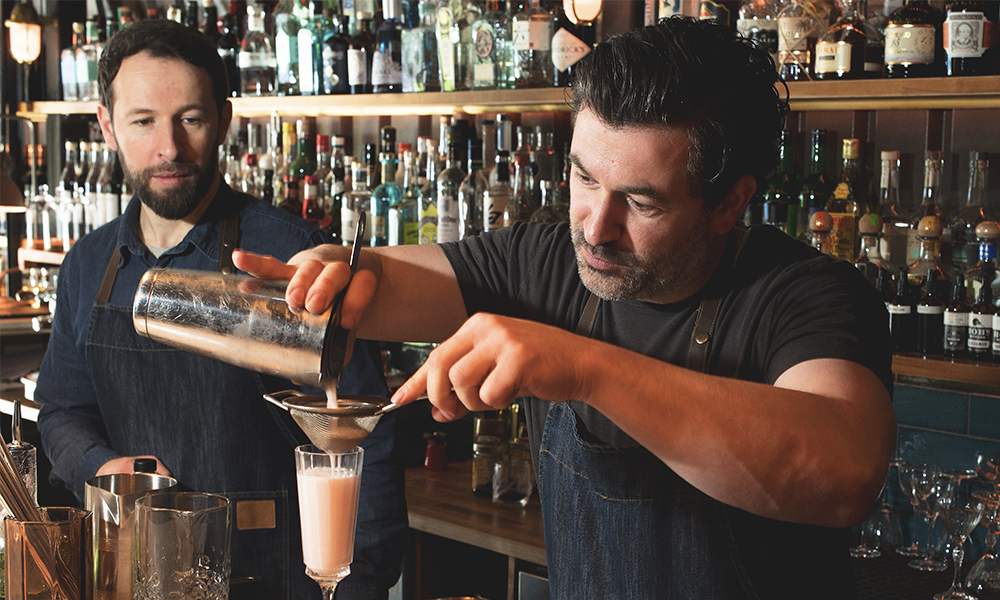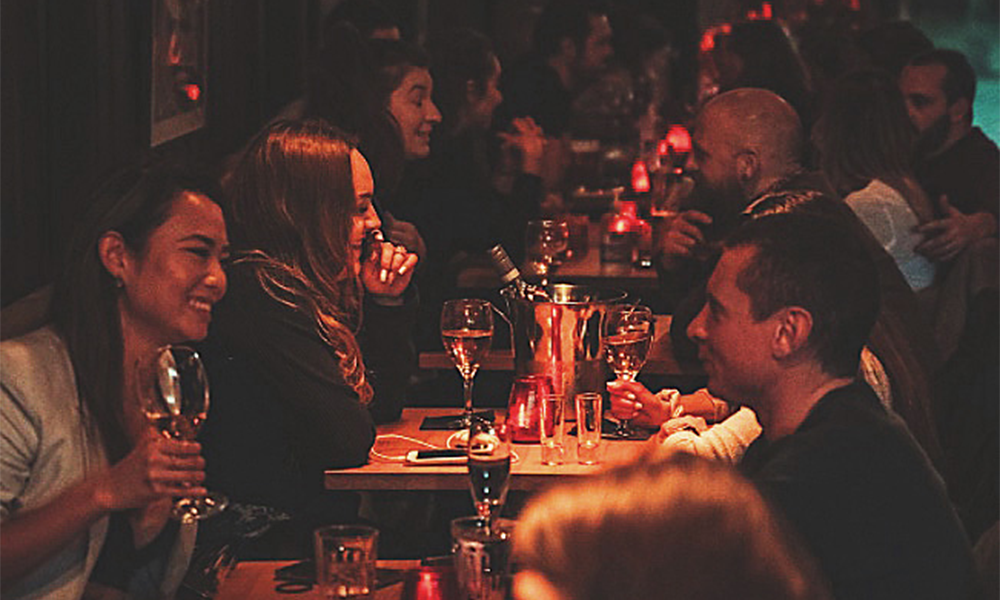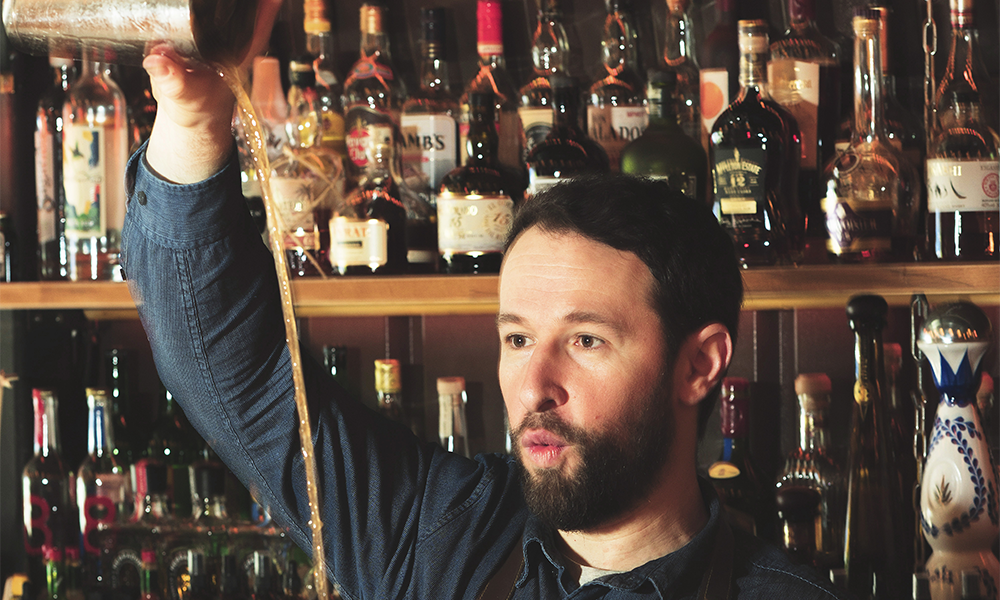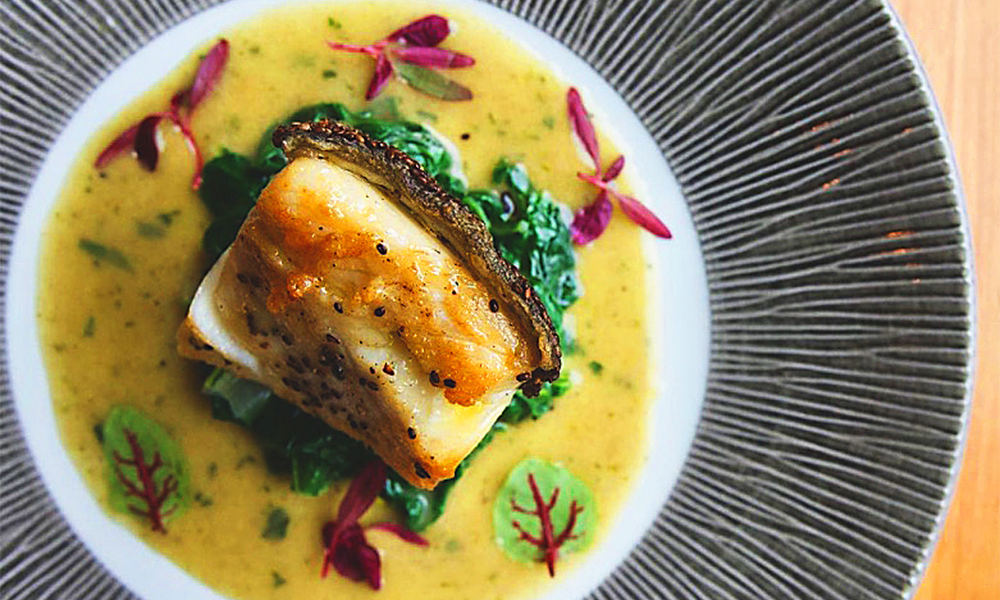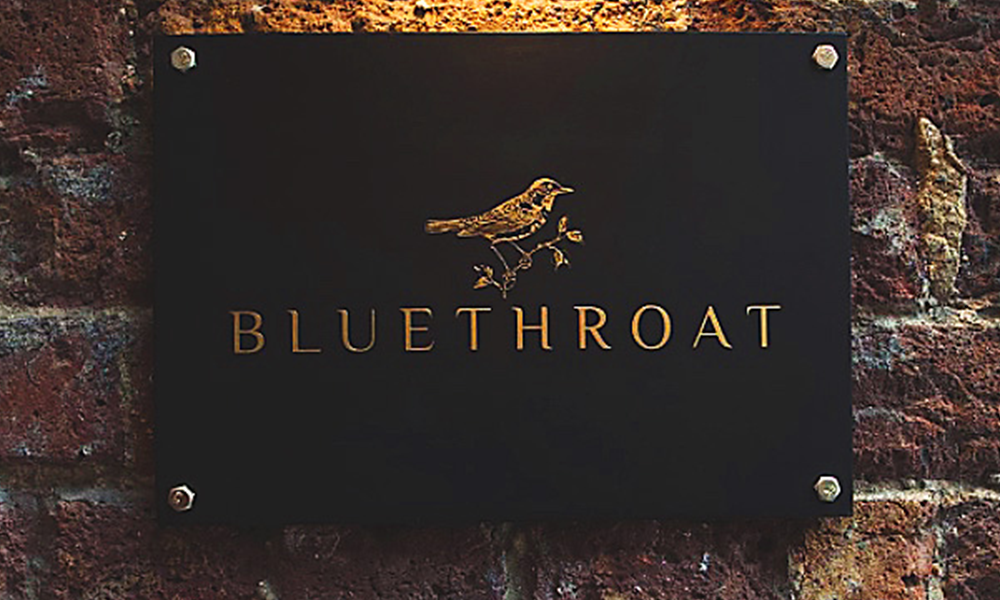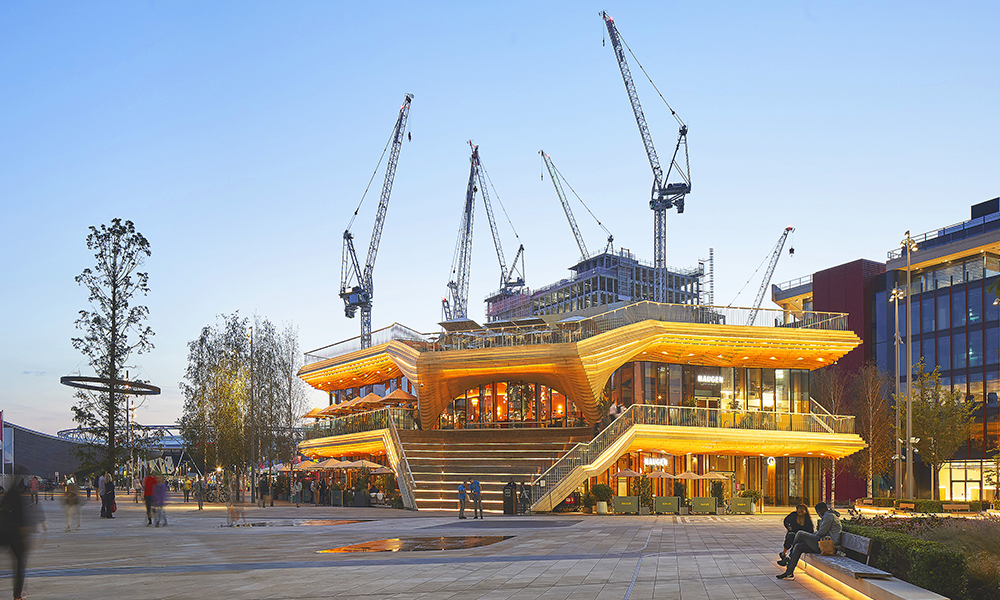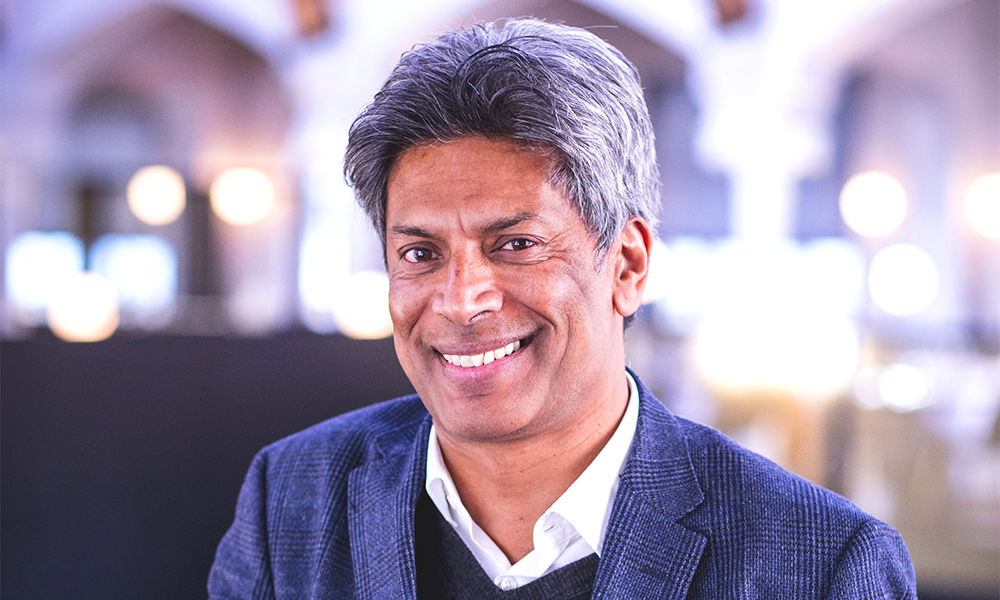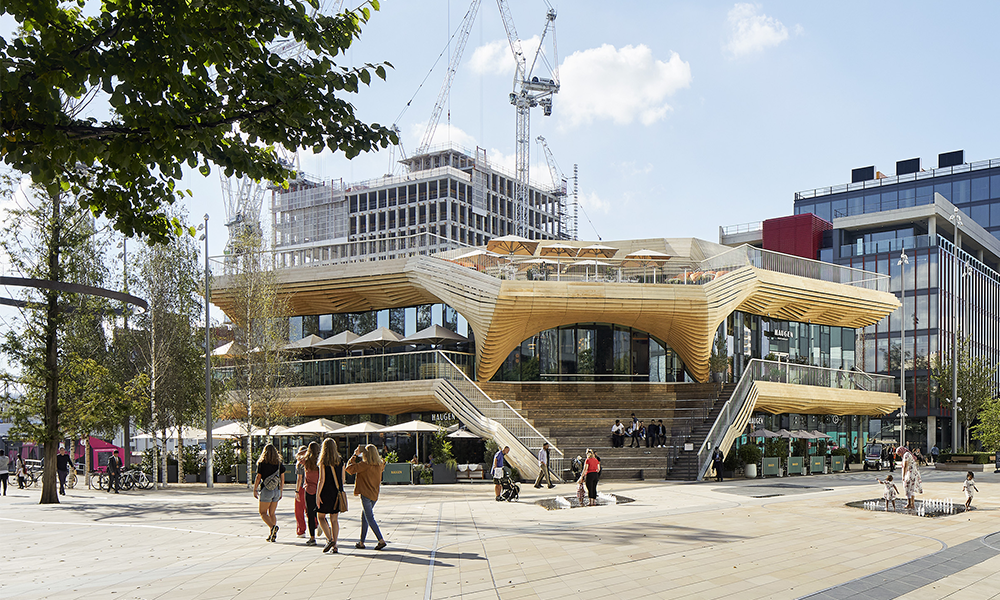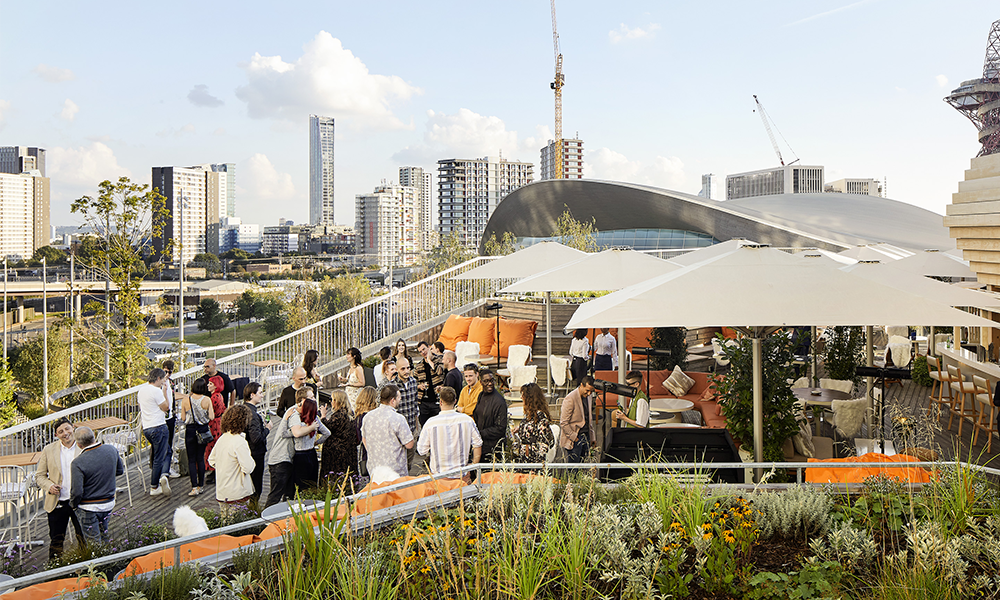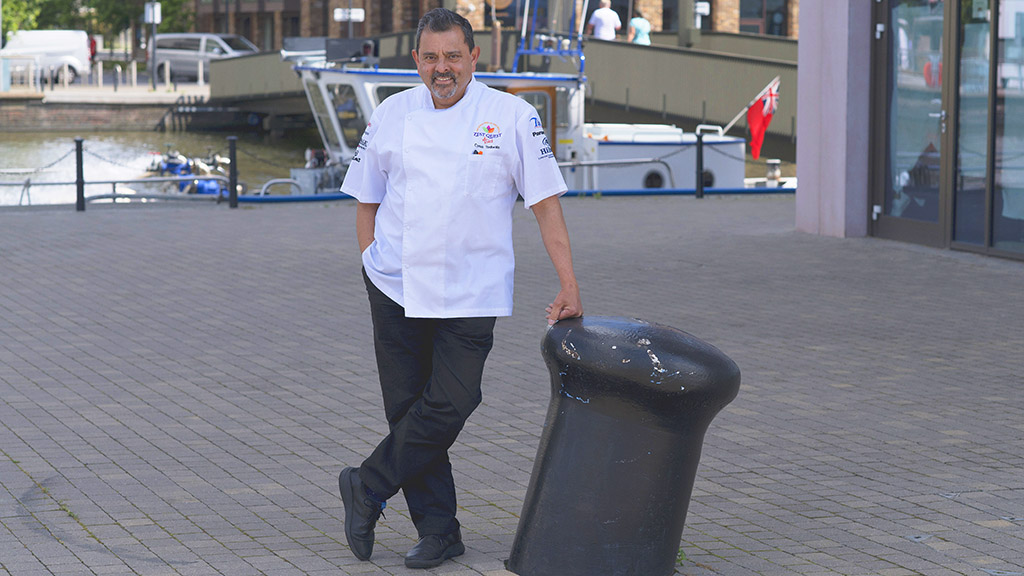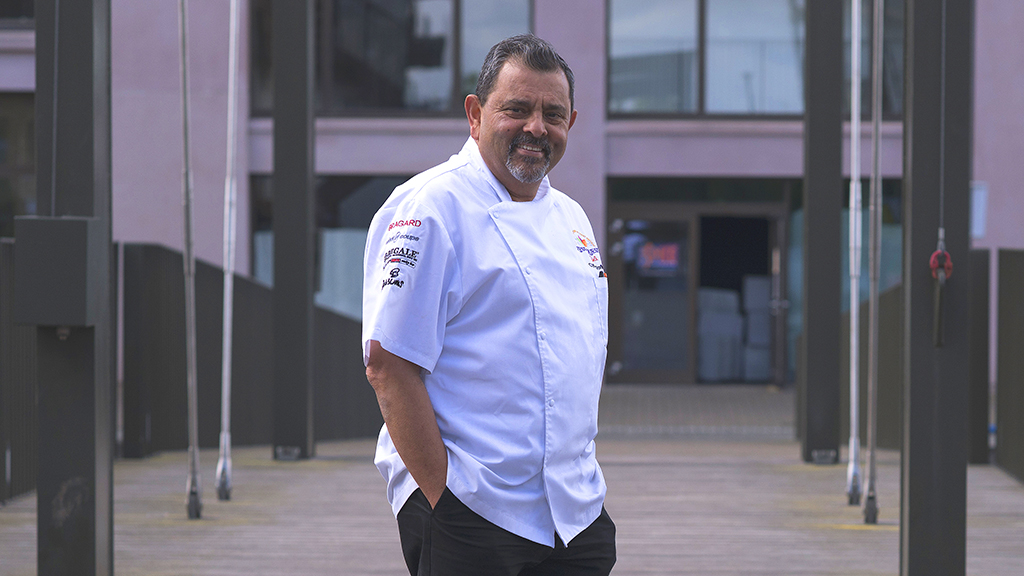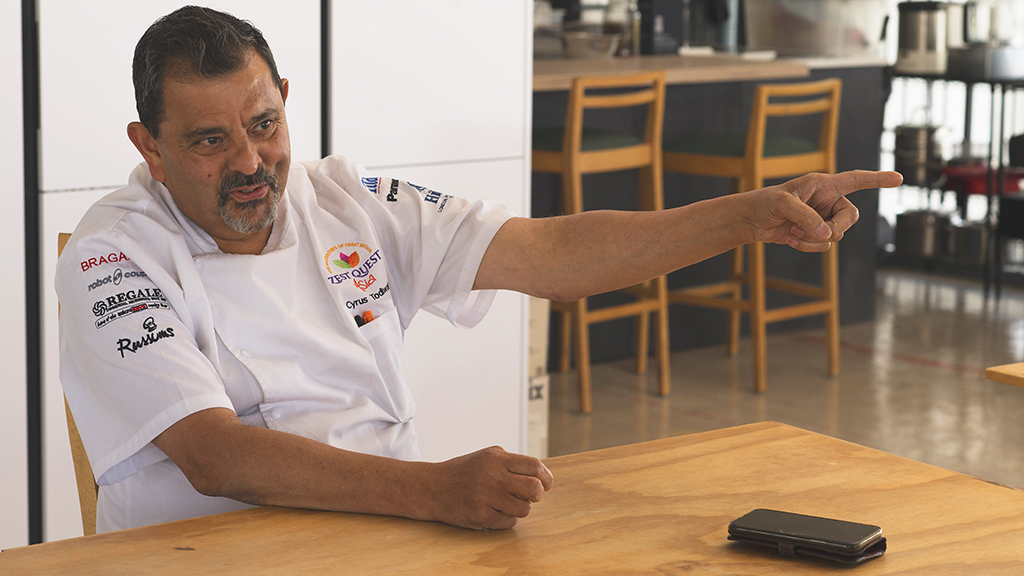The 2025 edition of the festival is set to draw hundreds of thousands of people over 12 days, so planning refreshment stops is a must

Subscribe to our free Wharf Whispers newsletter here
– Advertising Feature –
Those visiting the 19 artworks, spread across Canary Wharf for this year’s Winter Lights festival will also have the opportunity to discover the area’s extensive food and drink offering – we all need refreshment, especially if there’s a wintry nip in the air.
Due to the event’s popularity, we’re encouraging visitors to secure their tables early to ensure the best experience possible.
With more than 80 cafés, bars and restaurants – including many tempting openings since last year’s festival – warmth and welcome await across the neighbourhood.
Here we’ve selected venues catering for a range of options during the festival, with places close to all of the installations, so those planning a route can find a place to relax, refresh and reflect on the experience with family or friends.
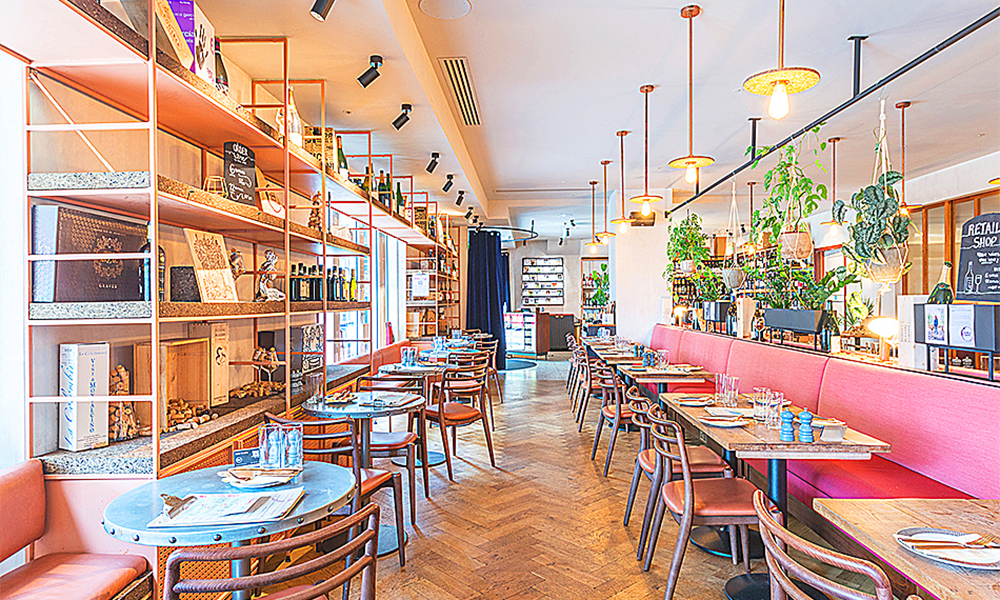
for a date
After a spell touring the installations, what better way to dazzle a date than with a table at one of the neighbourhood’s many romantic spots. Here are a few suggestions, but get in early as bookings will be going fast…
Tucked away on Mackenzie Walk beside permanent artwork The Clew, Humble Grape offers a fully stocked wine menu and a broad selection of small plates and larger dishes that are ideal for sharing.
Also off the beaten path is Kricket, a recent opening on the estate but one that certainly has the wow-factor. Minimal but warm, this restaurant serves up Indian cuisine. Our top tip is to book seats at the counter to watch the chefs work and get service straight from the bartenders.
Also on our list is No. 35 Mackenzie Walk, a restaurant and bar overlooking Eden Dock that has a relaxed, chic vibe. This one’s perfect after gazing down into Illusion Hole in the dark waters.
For a showstopper option, why not book a table at Roe at Wood Wharf. Located by the waterside at the base of One Park Drive, the restaurant offers a rich selection of small plates, skewers, flatbreads, larger dishes and more featuring ingredients such as snails, venison and cuttlefish. An adventure on the plate to rival the journey through the festival.
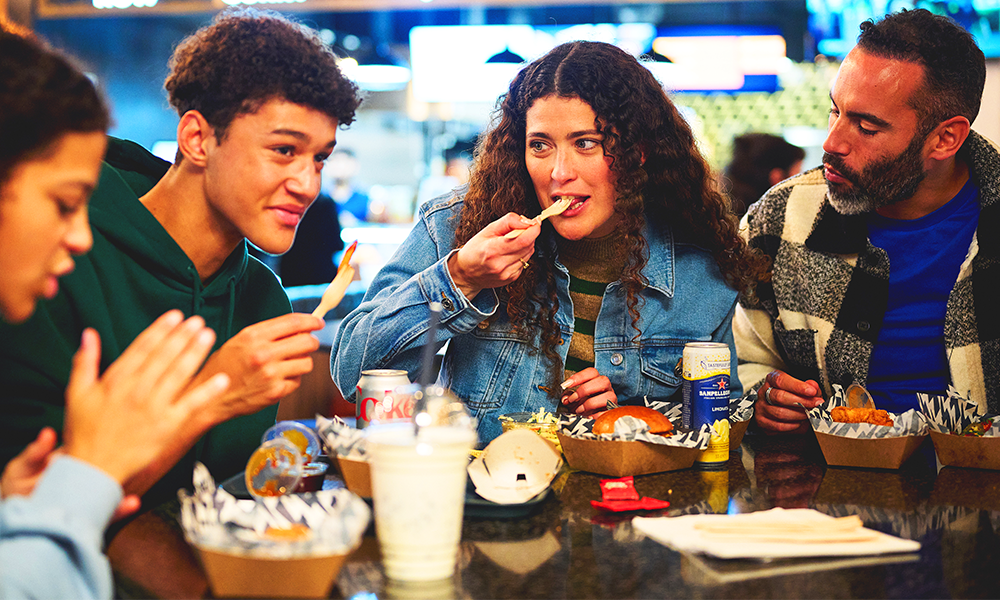
for families
Winter Lights has something for everyone in the family to enjoy and there are plenty of venues in Canary Wharf that cater for kids and adults alike.
Wahaca at Park Pavilion, for example, enjoyed a complete interior refit in 2024 and offers a kids menu with a range of dishes, puzzles and games to keep little ones entertained while they’re waiting to build their own tacos.
Pizza is a tried and tested crowd-pleaser and Franco Manca’s sourdough offerings come in adult and kids sizes. The Canary Wharf restaurant is located at Crossrail Place beside two of the estate’s permanent light installations.
Those heading down into Jubilee Place can stop off at Wharf Kitchen, a market hall-style dining area with street food traders such as Thunderbird, iThai, Biang, Argentinian Grill, Indi-go and Poke House serving up flavours from around the world. This is perfect for families who like a wide variety of dishes and cuisines to choose from.
Emilia’s Crafted Pasta serves up warm bowls of fresh pasta and sauce at its Wood Wharf branch, which overlooks Harbour Quay Gardens. The restaurant will also be hosting a grab-and-go pop-up during the festival for those who don’t wish to sit down.
Located in Cabot Place, Atrium Kitchen offers a selection of casual dining and takeaway restaurants for people after rapid refreshment. Visitors can expect kids to find a warm welcome at the likes of Nando’s, Marugame Udon, Zizzi, Gallio, Burger King and German Doner Kebab.
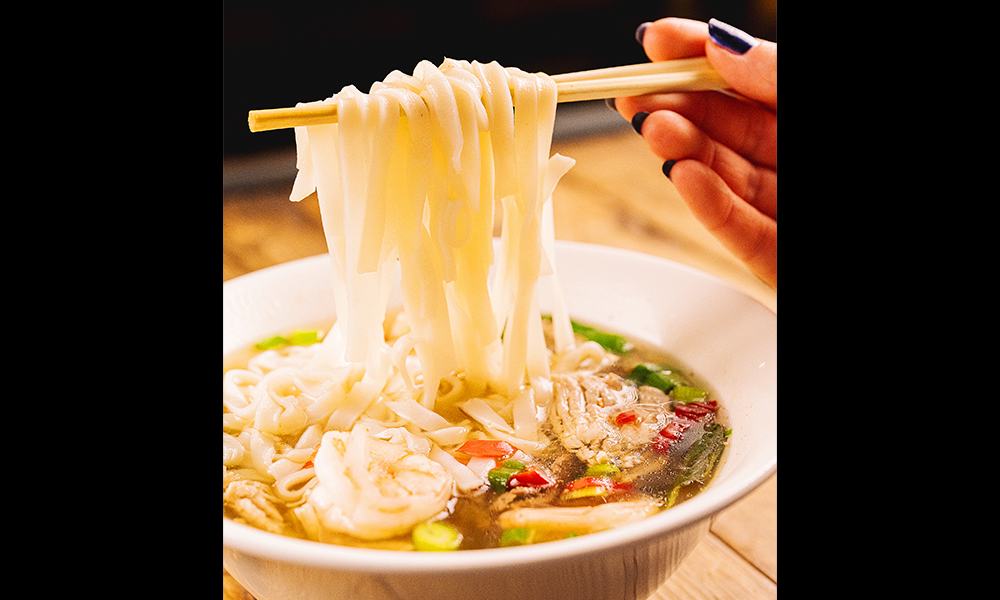
for veganuary
Those following a plant-based diet, whether for the first month of the year or on an ongoing basis, will find a wealth of options to delight their tastebuds on the menus of Canary Wharf’s restaurants.
Among our top picks for this section is Mallow, a restaurant that only serves plant-based dishes at its Wood Wharf branch on Water Street. Colourful, sustainable and flavourful, there’s even a Veganuary tasting menu available until January 31, 2025, with four courses promising a fusion of Japanese and Peruvian cuisine.
Head to Crossrail Place and you’ll also find plenty of temptations at Sticks’n’Sushi. For group bookings, the restaurant offers its Yasai plant-based menu with five courses, plus loads of a la carte options too.
Our final tip is to visit Vietnamese restaurant Pho in Jubilee Place. This consistently popular spot specialises in the dish it takes its name from, with two vegan versions to choose between. But there’s plenty more on the menu too, including curries and soups made with tofu, plant-based ‘chicken’ or mushrooms.
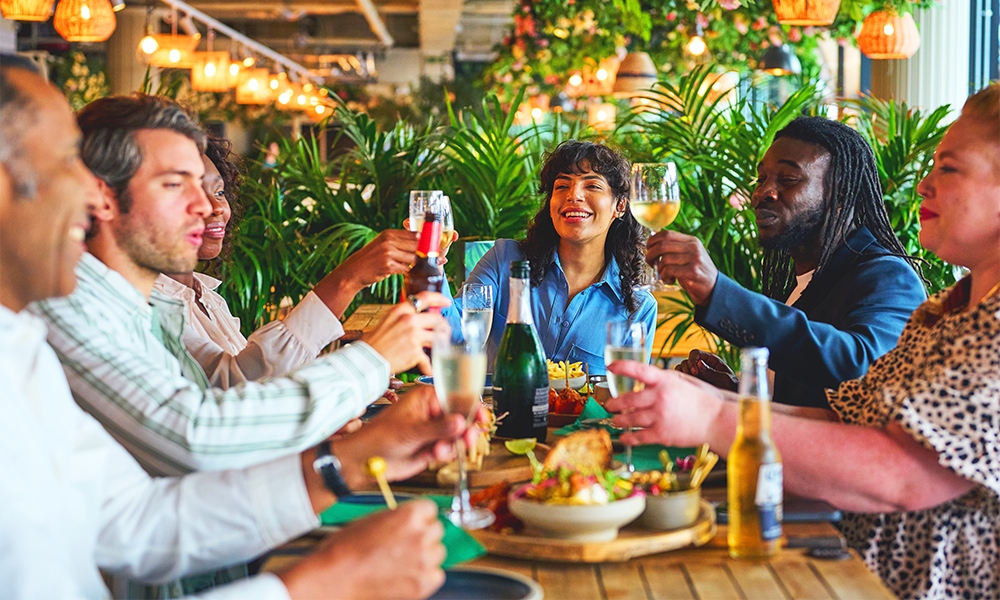
for groups
One of the best ways to enjoy the festival is to visit in a group. Canary Wharf boasts a wide range of venues that cater for larger bookings to help break up the evening when discovering the installations.
Market Halls, an extensive collection of bars and street food traders located opposite the Elizabeth Line’s western exit, makes an ideal meeting point. While walk-ins are available, bookings are highly advised as this is a popular venue.
Located a little further up the dock is Blacklock in Frobisher Passage. Specialising in chops and roasts, this restaurant offers plenty of sharing options, the venue presents an opportunity to escape the crowds for relaxed dining and drinking beneath the DLR tracks.
If it’s serious size you’re looking for, Pergola On The Wharf, located at Crossrail Place Roof Garden has a maximum capacity of 700 and promises a botanical paradise strewn with flowers, ferns and vines.
For those who prefer a more central location, The Parlour in Park Pavilion offers plenty of room for larger groups, a wide selection of drinks and casual dining options on the edge of Canada Square.
Then there’s MMy Wood Wharf, which in addition to its inside street food market will be curating a series of pop-ups in Harbour Quay Gardens. Booking ahead is especially advised if you’re hoping to secure one of its popular outdoor igloos during Winter Lights or just to ensure plenty of table space for a larger group. This makes a great stop-off point after seeing PORTAL in Union Square.

for hot drinks
OK, you can’t exactly book these spots, but one of the essentials for Winter Lights is knowing exactly where to get top quality hot drinks from and there are lots of options…
Recently opened, Chai Guys, brews up fine spiced, warming drinks from its base in Canada Place. In addition to selling takeaway cups, the business also offers tins of its signature blends.
Head down into Canada Place mall and find Joe Blake’s opposite Waitrose for coffee, tea and hot chocolate.
Badiani will also be trading from its three locations in Cabot Place, MMy Wood Wharf and Canada Place, offering hot drinks alongside its speciality Italian gelato for those who enjoy an extra chill.
Well located for installations at both Montgomery Square and Union Square, 640 East offers a range of warming drinks as well as beers, wines and spirits at its two Wharf locations.

do more…
While drinking and dining are a key part of enjoying Winter Lights, there’s a great deal more to do in the area.
For families with kids, Flip Out offers subterranean entertainment until 8pm each evening.
Other activity-driven venues include Fairgame, The Cube, Capital Karts and Ice Rink Canary Wharf for visitors who’d like to get that little bit extra out of their time in the neighbourhood.
Read more: How Dez Amore has smashed burgers and pasta together under one brand




